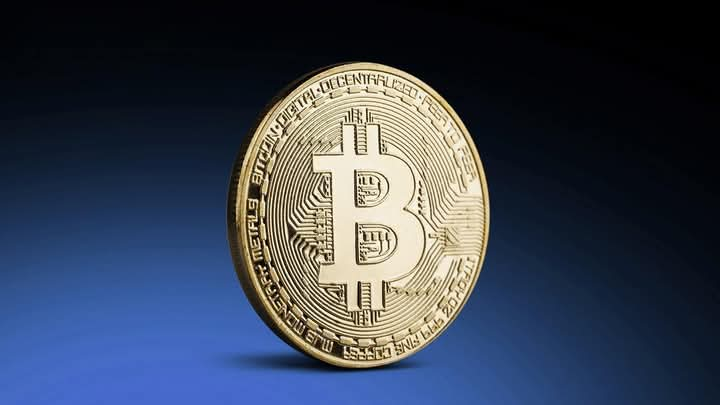
One of the main uses of Bitcoin is *online payment*. People can send and receive Bitcoin from anywhere in the world, at any time, without needing a bank. This makes it very useful for cross-border transactions, especially in countries where access to banks is limited. Bitcoin transactions are often faster and can have lower fees than traditional banking services.
Bitcoin is also used as a *store of value*. Many people buy and hold Bitcoin like an investment, hoping its price will go up over time. Just like gold, Bitcoin is limited in supply — only 21 million bitcoins will ever exist — which gives it value and makes it attractive to investors.
Another important use of Bitcoin is in *financial freedom*. It allows people to be in control of their money without interference from governments or third parties. In places with high inflation or unstable currencies, Bitcoin can help protect people’s savings.
In some online shops, Bitcoin can be used to *buy goods or services*, and some people even get paid in Bitcoin for freelance work. It’s also used in donations, making it easier to support causes around the world.
However, Bitcoin also has risks — its price can change quickly, and not all countries support its use. Still, its usefulness in providing fast, secure, and borderless transactions continues to make it popular around the world. Bitcoin is changing how we think about money and the future of finance.